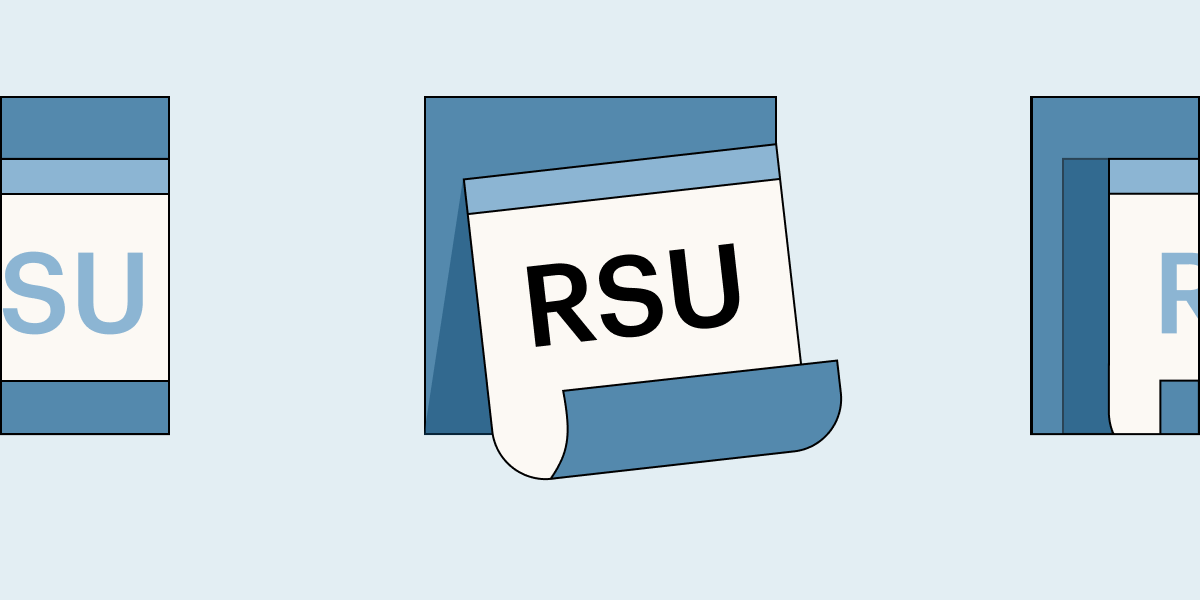Insights on Wealth & Wellbeing
Subscribe for the latest updates to our blog and Youtube channel.
All Posts
Thank you! Your submission has been received!
Oops! Something went wrong while submitting the form.
Personal Finance

The Invisible Hand of Bias: Understanding Your Advisor's Perspective
Ever wonder what biases influence your financial advisor's recommendations? In this transparent look at the psychology behind financial advice, I reveal my own planning biases and explain how these hidden perspectives shape the guidance we receive.
No Items found here....
Ready to Begin Your Journey?
Take the first step toward financial independence with a free consultation. We'll discuss your goals and how our process can help you achieve them.





